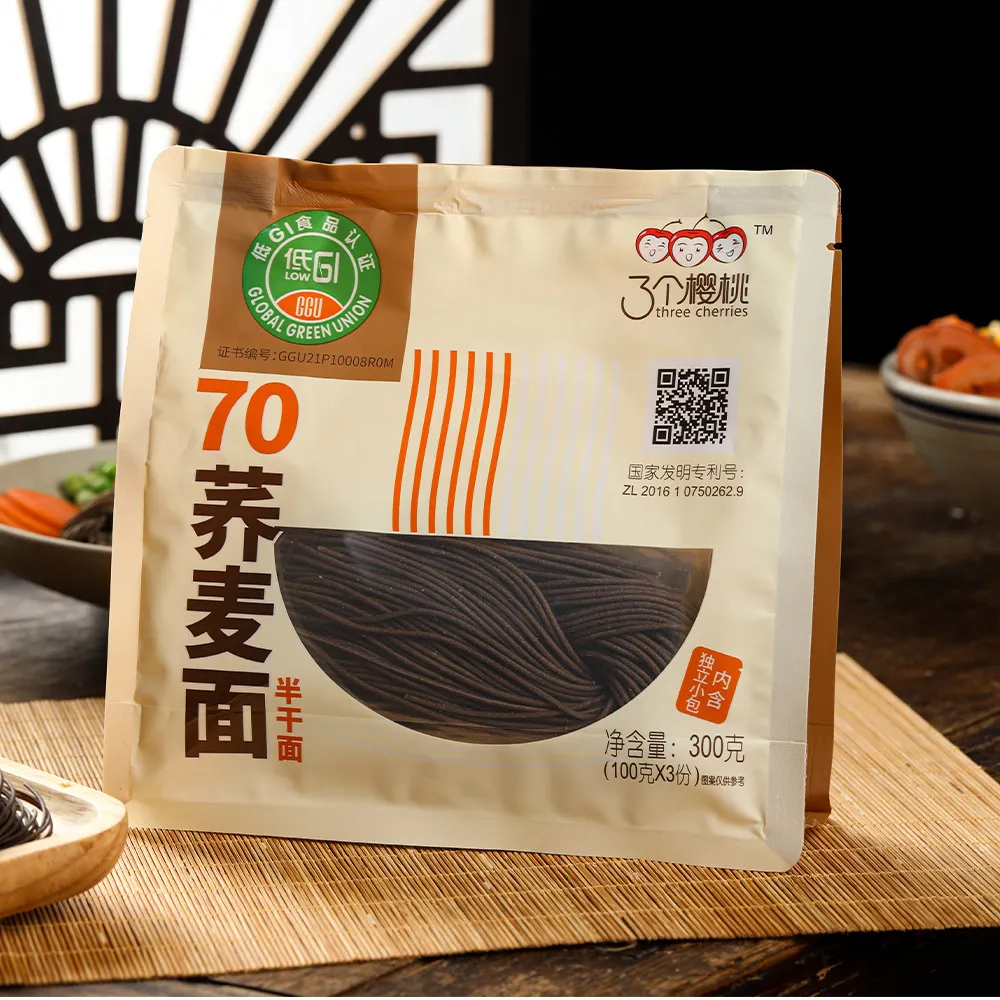soba diabetes
Soba Noodles and Diabetes A Healthy Choice
In the quest for a balanced diet, individuals managing diabetes often face the challenge of making food choices that help regulate blood sugar levels while still being enjoyable and nutritious. One food that has gained attention for its potential benefits in a diabetic-friendly diet is soba noodles, a traditional Japanese noodle made from buckwheat flour. This article will explore the characteristics of soba noodles, their nutritional profile, and their potential role in the dietary management of diabetes.
What Are Soba Noodles?
Soba noodles are thin, brownish-grey noodles that are often served either hot or cold in a variety of dishes. Unlike regular wheat noodles, which are primarily made with refined flour, soba noodles are predominantly made from buckwheat, a pseudo-cereal that is not related to wheat and is naturally gluten-free. Buckwheat is a nutrient-dense whole grain that is known for its high fiber content and rich array of vitamins and minerals.
Nutritional Benefits of Soba Noodles
One of the most relevant features of soba noodles for people with diabetes is their low glycemic index (GI). The glycemic index is a ranking of carbohydrates based on their immediate effect on blood glucose levels. Foods with a lower GI are digested and absorbed more slowly, resulting in a gradual rise in blood sugar levels. This is particularly beneficial for individuals with diabetes, as it helps to prevent spikes in blood glucose.
Soba noodles are also high in fiber, which is important for maintaining stable blood sugar levels. Fiber slows down the digestion process and can improve insulin sensitivity. A diet rich in fiber is associated with a lower risk of developing type 2 diabetes and can aid in blood sugar control for those already diagnosed. In addition to fiber, soba noodles provide essential nutrients such as manganese, magnesium, and B vitamins, all of which contribute to overall health and wellness.
Soba Noodles and Satiety
soba diabetes

Another advantage of incorporating soba noodles into a diabetic meal plan is their ability to provide satiety. The combination of fiber and protein in soba noodles helps to keep you feeling full for longer periods, which can assist in weight management efforts—a critical factor for many individuals with diabetes. Managing body weight through a healthy diet can improve glycemic control and reduce the risk of diabetes-related complications.
Serving Suggestions
There are many delicious and healthy ways to enjoy soba noodles. They can be used in salads, soups, or stir-fries, making them quite versatile. When preparing soba noodle dishes, it’s important to pair them with non-starchy vegetables, lean proteins, and healthy fats. For instance, a soba noodle salad with sliced bell peppers, cucumber, carrots, and a dressing made of sesame oil and soy sauce can provide a refreshing and balanced meal. Adding grilled chicken, tofu, or shrimp can enhance the protein content, making it a well-rounded option that ensures nutritional balance.
Cautions and Considerations
While soba noodles can be a healthy addition to a diabetic diet, moderation is key. Portion control is essential, as consuming large amounts can still lead to increased carbohydrate intake. It is also crucial to read labels when purchasing soba noodles, as some varieties may contain wheat flour or additives that can affect their nutritional content. Opting for 100% buckwheat soba noodles ensures that you are getting the full benefits of this nutritious ingredient.
Additionally, individuals with diabetes should always monitor their blood sugar levels and consult healthcare professionals or dietitians when making significant changes to their diet.
Conclusion
Soba noodles present a nutritious, flavorful, and versatile food option for individuals managing diabetes. Their low glycemic index, high fiber content, and ability to enhance satiety make them an excellent choice when considered as part of a balanced diet. By incorporating soba noodles into meals creatively and thoughtfully, people with diabetes can enjoy tasty dishes while effectively managing their health. Whether you're enjoying a warm soba noodle soup on a chilly evening or a refreshing soba salad in the summer, this ancient grain can play a beneficial role in your dietary regimen.
-
Unleash Your Inner Chef with Delectable Italian Pasta CreationsNewsAug.01,2025
-
Savor Health and Flavor: Irresistible Soba Noodles for Sale Await!NewsAug.01,2025
-
Nourish Your Body with Premium Organic Ramen - A Culinary Delight AwaitsNewsAug.01,2025
-
Elevate Your Dishes with Our Exquisite Kinds of Egg NoodlesNewsAug.01,2025
-
Dive into Flavorful Convenience with Our Ramen OfferingsNewsAug.01,2025
-
Discover Exquisite Types of Naengmyeon and Chilled Soba NoodlesNewsAug.01,2025
-
Is Whole Wheat Pasta Healthy?NewsMay.30,2025
Browse qua the following product new the we

















































































































